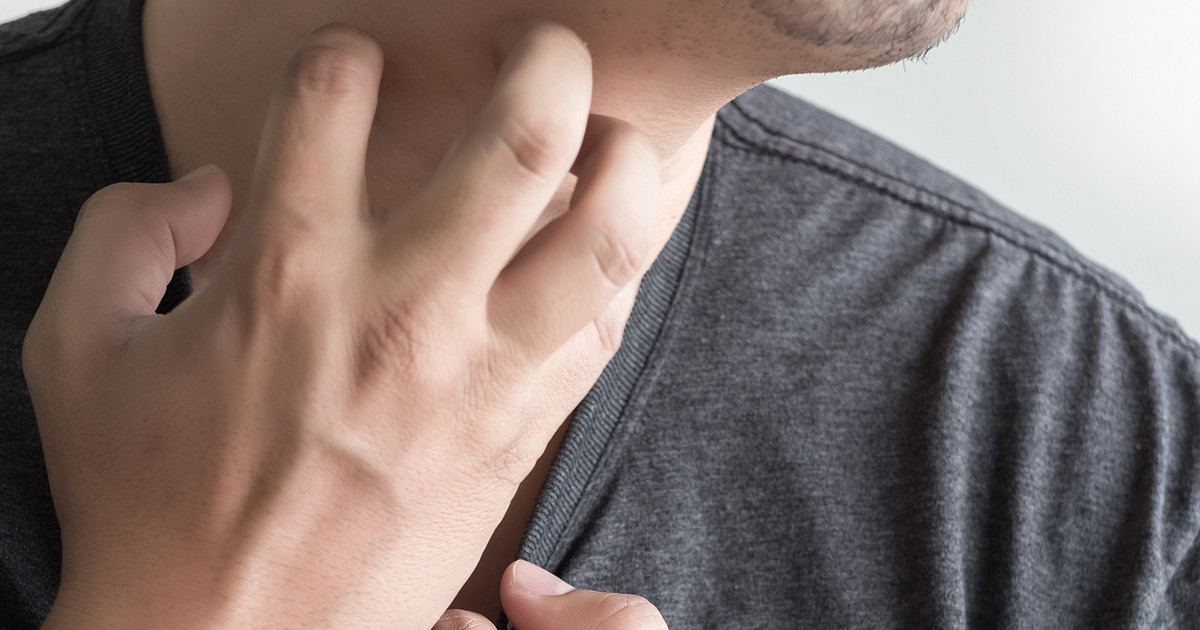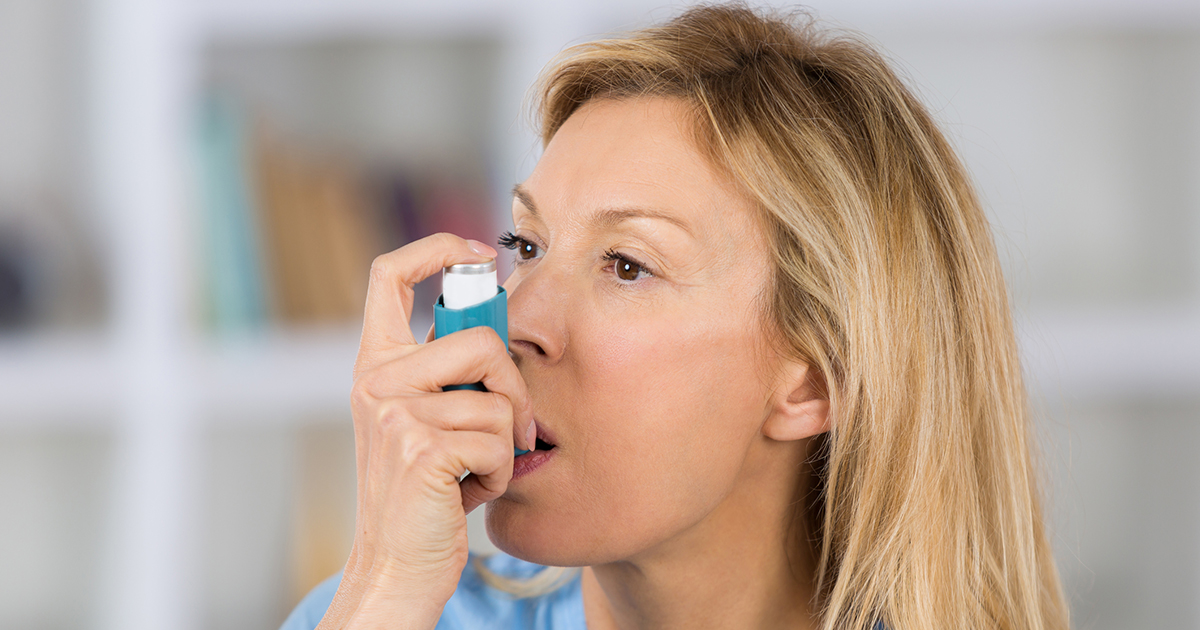Guide To Azelaic Acid
Potential Side Effects

Azelaic acid can cause several side effects, such as skin changes. It is common to experience a burning or tingling sensation after applying it. The patient's skin may become dry, red, or itchy. In some cases, skin peeling occurs. Patients should let their doctor know if they experience any of these skin changes. Less commonly, blisters may form on the skin. There may be skin flaking, swelling, soreness, or severe redness also. This medication can also cause the skin at the treatment site to become lighter than usual. If this occurs, patients should let their doctor know immediately. It may be necessary to stop this medicine.
Some patients could be allergic to this medication. Potential signs of an allergic reaction include hives, breathing difficulties, and swelling of the lips, face, or tongue. Patients need emergency medical care if these symptoms are present. Some individuals have noticed an elevated heart rate, joint pain, chest tightness, and vocal hoarseness. Fever and eye swelling have been reported as well. Although these side effects are rare, patients who experience these effects should be evaluated by their doctor.
Get information on the precautions linked to this medication next.
Precautions To Remember

Azelaic acid may not be safe for patients with certain medical conditions. It may worsen the symptoms of asthma. Thus, individuals with this condition may need close supervision during treatment. Since this medication can cause skin dryness or irritation, it is essential to avoid using over-the-counter skin products with the same side effects. For example, patients should not use astringents or cleansers that contain alcohol. Individuals who use the foam or gel form of this medicine should avoid using abrasive products and chemical peels too.
The foam form is flammable. Thus, patients need to avoid smoking and open flames when they apply it. It is safe to apply makeup at the treatment site after the azelaic acid has dried. However, patients should not wrap or bandage the treatment area unless their doctor has asked them to do so. Doctors recommend that patients avoid alcohol, spicy foods, and hot drinks while using azelaic acid.
Uncover the potential medication interactions next.
